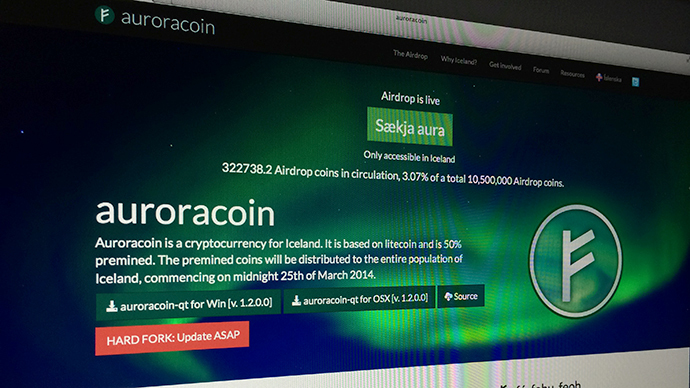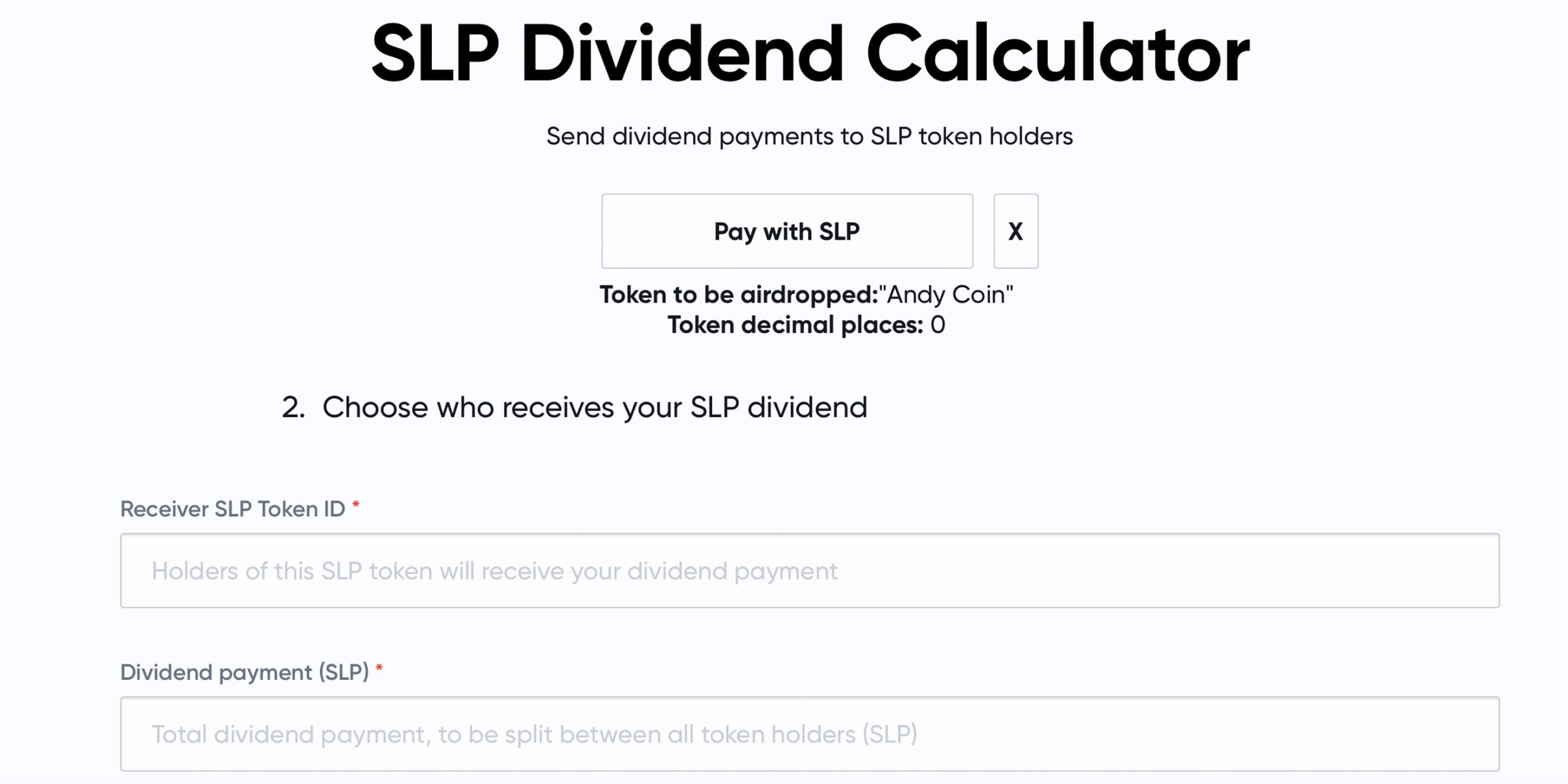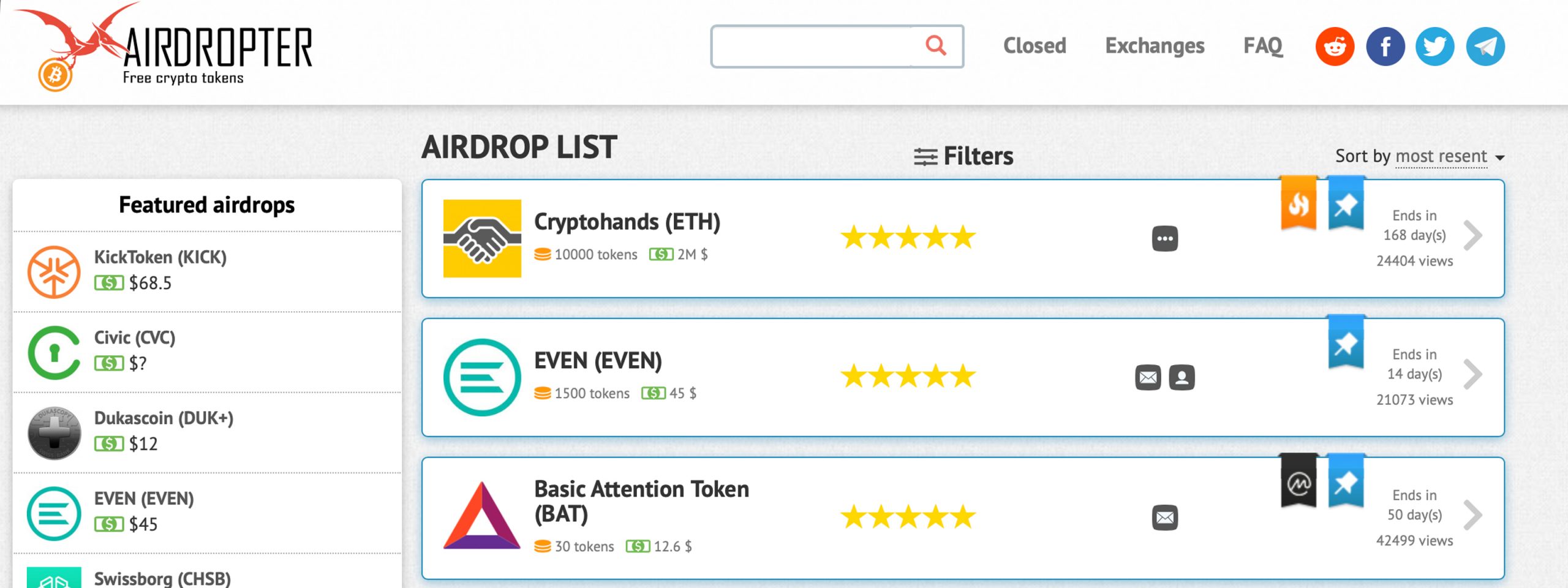There are a number of ways people can obtain cryptocurrencies and one of them is through airdrops, a type of distribution where creators send free coins to numerous crypto wallet addresses in order to drive adoption. Airdrops have been leveraged for years and token distributors believe that it’s a great way to disburse coins fairly and to raise awareness. New airdrops are announced nearly every month that allow people to obtain free digital tokens.
Also read: $65M Investment Fuels Natural Gas Provider’s ‘Behind-the-Meter’ Bitcoin Mining Operation
The Crypto Airdrop Defined
In the world of cryptocurrency, “airdrop” defines a type of crypto distribution where free coins are sent to multiple digital wallets. Sometimes people have to engage in community building efforts like retweeting a project or completing a survey in order to gain the tokens. The idea is to distribute airdropped assets so people become aware of the tokens as they are dispersed far and wide. Some airdrops that have been released over the years have gone from zero to gathering real-world value when measured in other digital currencies like BTC, BCH, or ETH.

The First Airdrop and Leveraging Established Networks
One of the oldest and most popular airdrops in history was auroracoin (AUR) which was meant to be a cryptocurrency designated for Iceland’s citizens. The term “airdrop” started floating around the crypto scene when the creators of auroracoin announced the issuance period that started March 25, 2014. Icelandic residents with a permanent resident ID could register on the website to receive 31.8 AUR which at the time was worth $385. Today each AUR is only worth $0.07 per coin and that initial airdrop dubbed the “cryptocurrency for Iceland” would only be worth $2.17.

After AUR, many other famous airdrops followed the distribution scheme, giving away cryptos for free. Furthermore, projects that launched and established themselves years prior have airdropped coins as well. Decred airdropped 258,000 DCR in 2016 and in 2017 Stellar (XLM) gave away 19% of their total token supply to people who owned BTC. A number of airdrop projects use the concept of attempting to leverage an existing and established network effect of users from other blockchains.

Creating Your Own Airdrop
More recently, initial coin offering (ICO) projects and token application creators have leveraged airdrops in order to establish themselves within the cryptoconomy. Airdrops have been fueled by established projects with token standards operating on networks like Ethereum and Bitcoin Cash. Since the inception of the Simple Ledger Protocol (SLP) token standard, airdrops have become part of the BCH community. Now people can randomly airdrop SLP tokens to numerous public BCH addresses any time they want.

For instance, individuals and organizations can leverage Bitcoin.com’s SLP Dividend Calculator to airdrop SLP tokens to a valid token ID. In order to use the platform, simply visit the tool’s webpage and enter the token ID of the SLP coin you wish to airdrop. After that, you will need to enter the receiver’s SLP token ID, the total number of SLP tokens to airdrop (dividend payment), and then build the transaction. After the transaction is built, a QR-based payment invoice will be made available to complete the airdrop.
Searching for Airdrops
If you are not into making your own tokens and distributing an airdrop yourself, you can always search the net for any upcoming airdrops. For example, the website airdrops.io is an online resource that discloses which airdrops are coming out next.

The site shows the hottest airdrops, latest airdrops, exclusive airdrops, Telegram channels with airdrops, Twitter airdrops, and basically every coin giveaway under the sun. “Airdrops.io verifies and aggregates airdrops and bounties daily to bring you the most recent and profitable earning opportunities. Choose an airdrop and follow the instructions provided to claim free crypto tokens,” the website notes.

A few airdrops advertised on the website include coin giveaways from Bitcoin Rhodium, Pointpay, Simbcoin, Escher, Daps, and Binance Jex. For each airdrop, the website explains the giveaway details and how to get involved. There’s a bunch of other airdrop-guide and review websites as well like airdropter.com, coinairdrops.com, and airdropalert.com.

The Taxman Is Aware of Airdropped Tokens
Usually, there are two ways airdrops are distributed by their creators, which is selecting recipients at random or letting people know on social media, forums, and websites like airdrops.io. In the crypto world, some users could care less about airdrops and think they are garbage with negligible value.

However, other crypto enthusiasts comb the internet daily in search of these free coin giveaways with hopes of catching some free money. It is worth noting, though, that government tax agencies have taken notice of airdropped coins and you could get taxed for receiving them. Entities like the IRS have issued guidance in regard to airdropped cryptocurrencies. The U.S. tax agency’s airdrop guidance, however, is confusing and organizations including lawmakers want better clarification. As long as cryptocurrency exists, airdrops will likely continue and distributors will take advantage of the crypto community’s powerful network effects.
What do you think about airdrops and the numerous amounts of cryptocurrency giveaways in the cryptoconomy? Do you search for airdrops or do you think they are a waste of time? Let us know what you think about this topic in the comments section below.
Disclaimer: This article is for informational purposes only. It is not an offer or solicitation of an offer to buy or sell, or a recommendation, endorsement, or sponsorship of any products, services, or companies. None of the aforementioned airdrops or airdrop recommendation/review sites are endorsed by our website. The data is strictly for informational purposes and research, as all readers should use due diligence with any crypto project within this ecosystem. Bitcoin.com does not provide investment, tax, legal, or accounting advice. Neither the company nor the author is responsible, directly or indirectly, for any damage or loss caused or alleged to be caused by or in connection with the use of or reliance on any content, goods or services mentioned in this article.
Image credits: Shutterstock, airdropter.com, coinairdrops.com, airdropalert.com, airdrops.io, auroracoin (AUR), Blockchain.com, Stellar (XLM), Fair Use, Wiki Commons, and Pixabay.
Did you know you can buy and sell BCH privately using our noncustodial, peer-to-peer Local Bitcoin Cash trading platform? The local.Bitcoin.com marketplace has thousands of participants from all around the world trading BCH right now. And if you need a bitcoin wallet to securely store your coins, you can download one from us here.
The post Cryptocurrency Airdrops and Giveaways: What They Are and What’s Next appeared first on Bitcoin News.










